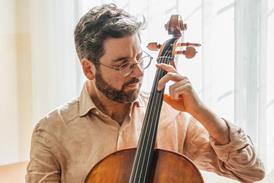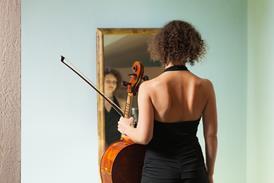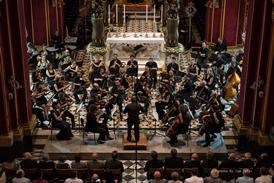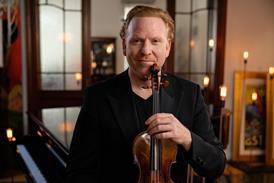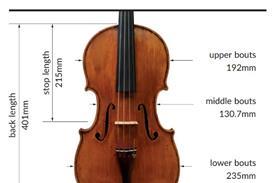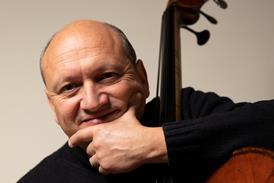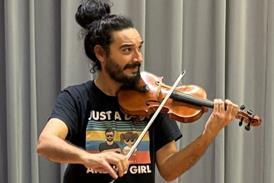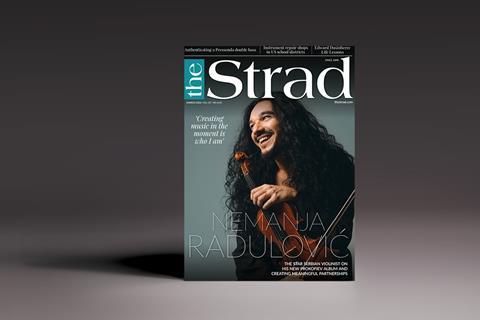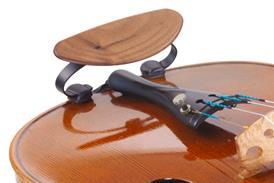- News
- For Subscribers
- Student Hub
- Playing Hub
- Directory
- Lutherie
- Magazine
- Magazine archive
- Whether you're a player, maker, teacher or enthusiast, you'll find ideas and inspiration from leading artists, teachers and luthiers in our archive which features every issue published since January 2010 - available exclusively to subscribers. View the archive.
- Jobs
- Shop
- Podcast
- Contact us
- Subscribe
- School Subscription
- Competitions
- Reviews
- Debate
- Artists
- Accessories
Masterclass: Baiba Skride on the Berg Violin Concerto, first movement

The Latvian violinist discusses the importance of thorough planning, together with emotional engagement, when playing this awkward work
Explore more Masterclasses like this in The Strad Playing Hub
Read more premium content for subscribers here
For me, this has been the most polarising of all concertos. The first time I heard it was in a music class at school and I hated it. I thought, ‘What is this? I don’t understand it! How can it be one of the greatest concertos?’ At that time I was not a fan of modern music in general: I couldn’t hear the melodies or the exceptional harmonies, and as a teenager I wasn’t open to finding them.
I regret that now, because later on, out of curiosity, I started to practise the Berg and I fell completely in love with it. It took me a little time to understand how the violin fits with the orchestra, and the genius of the amazing themes and polyphonies, but when I did, it completely turned my ideas around. Now I am fascinated by how much information there is in the music, every time I play it…
Already subscribed? Please sign in
Subscribe to continue reading…
We’re delighted that you are enjoying our website. For a limited period, you can try an online subscription to The Strad completely free of charge.
* Issues and supplements are available as both print and digital editions. Online subscribers will only receive access to the digital versions.





